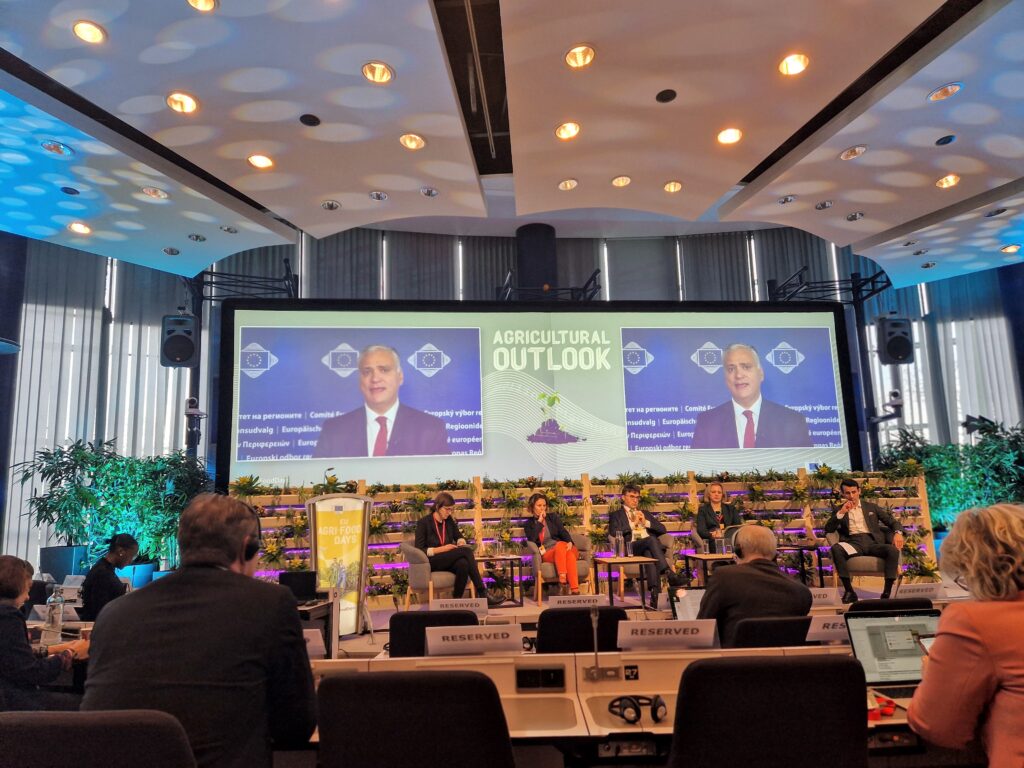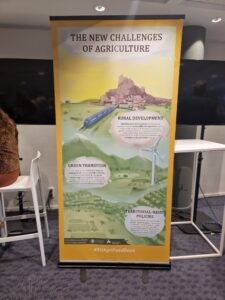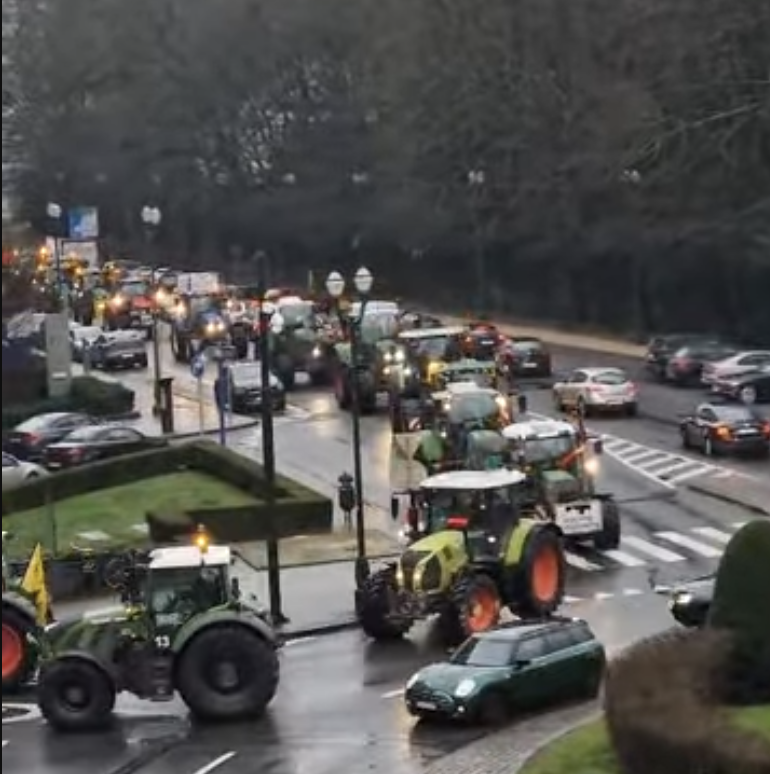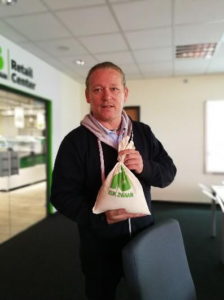As the dust settles in Brussels from the elections and other geopolitical dramas, the debate intensifies with the realization that many of the ambitious “Green Deal” plans by the EU Commission have faced significant opposition. Widespread farmers’ protests, initially sparked in the Netherlands due to environmental regulatory burdens, have effectively overturned agreed deals and planned regulations. These protests, led by farmers who are usually invisible in the policy-making arena, achieved considerable amendments to their demands.
Thomas Zoellner, Co-founder and Secretary General of the FarmTech Society (FTS) represented the Controlled Environment Agriculture (CEA) sector as a panelist at an informative gathering in Brussels. The event, held at the Press Club Brussels Europe, attracted a diverse audience, including industry lobbyists, academics, and EU institutions, all focused on agriculture regulations. Zoellner explained CEA, which includes technologies like greenhouses, indoor vertical farms, and repurposed shipping containers, emphasising the use of LED lighting to enhance photosynthesis.
The event was moderated by Milos Labovic, founder of Superlobby Community and public affairs representative for Vervoerregio Amsterdam. Labovic, an EU specialist with a background in the Dutch House of Representatives and lobbying in Brussels, guided the discussion effectively. Garance Debost from Fiscal Note opened the discussion with a keynote address on the EU Nature Restoration Law and the polarized opinions of protesting farmers and regulators. The question remains: Will upcoming political and regulatory changes support the agriculture sector?

Hannah Phillips, Head of EU Public Affairs at Syngenta, highlighted her experience working with CropLife Europe and a British MEP, discussing the agriculture dossier in the Agriculture Committee. Thomas Zoellner steered the conversation towards the transformative potential of CEA, addressing the lack of succession in the agriculture profession. He pointed out that CEA, being 100% digital, offers improved safety, income, and food security, thus attracting young professionals and regulators. As an example, FTS is developing a new profile in the EU Erasmus Plus project called PONICS VET EXPANDED.
CEA can support workforce development in agriculture, engaging young stakeholders and fostering public-private partnerships. Adopting new policies will enhance these efforts, creating meaningful curricula from credible applied technology institutions. Standardized certification and degree programs in vocational training will help farmers secure succession, adopt digitalization, and transition towards more resilience.


Throughout the panel discussion, Zoellner emphasized the need for innovation based on digitization, including AI and machine learning, to attract the next generation of farmers. He highlighted the potential for CEA technologies to improve young plant propagation, allowing plants to be transplanted at a robust stage with less dependence on favorable weather and fewer resources.
Communities can and need to engage now, as the FarmTech Society invites everyone to join and grow together at the upcoming major sectoral event organized by the DLG, “Inhouse Farming,” planned for November 2024.
Join the conversation and be part of the change: FarmTech Society LinkedIn Group.






